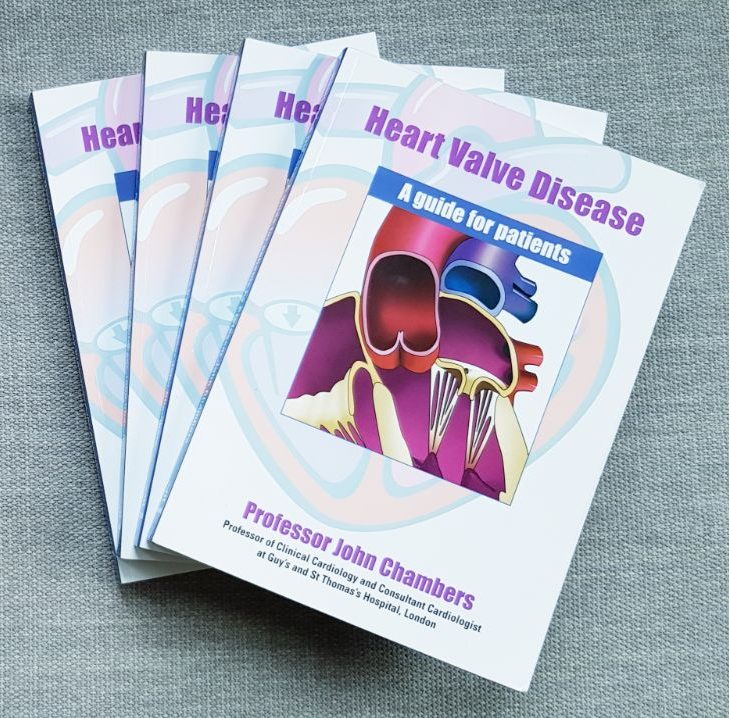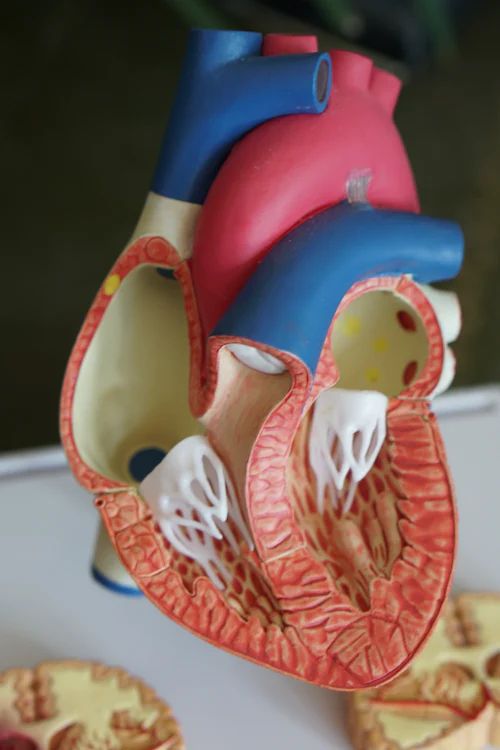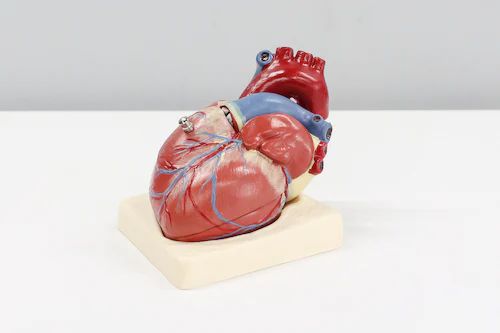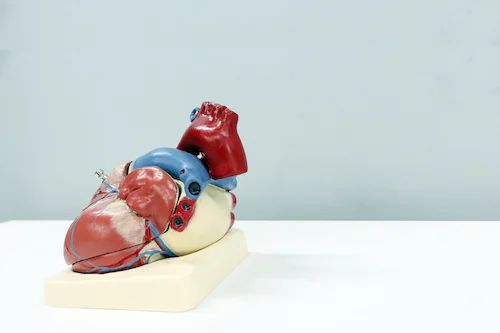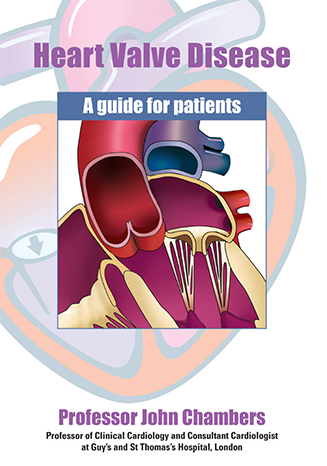Most patients with heart valve disease can continue to drive, but there are some important exceptions that you need to be aware of. The rules are often quite complicated and should be discussed with your Healthcare Professional.
If you hold a Class/Group I driving licence (car and motorcycle) the following rules apply:
Aortic stenosis (including sub- and supra-aortic stenosis, and pulmonary stenosis/ RVOT obstruction):
- If you have severe aortic stenosis AND symptoms, you must not drive and must notify the DVLA. Your licence will be refused or revoked pending assessment and treatment.
- If you have asymptomatic aortic stenosis you can drive and do not need to notify the DVLA.
Other valve disease (excluding aortic stenosis and the related conditions outlined above):
- You may drive and do not need to notify the DVLA prvided there is no other disqualyfying condition.
Following heart valve surgery (including TAVI and TEER/Mitraclip):
- You must not drive for 4 weeks but you do not need to notify the DVLA. Driving may resume only after 4 weeks provided there is no other disqualifying condition.
If you have a bicuspid aortic valve there are also guidelines on the associated aortic abnormalities that can occur alongside this (bicuspid aortopathy), which are relatively complex and will need personalised discussion with your Healthcare Professional
If you are not sure whether you are able to drive, please check with your Healthcare Professional and the DVLA.
The medical guidelines on Fitness to Drive can be found here
The DVLA medical conditions advice for drivers can be found here
Group 2 licencing is much stricter with very complex rules and regulations, and should be discussed on an individual basis with the DVLA and your Healthcare Professional.


